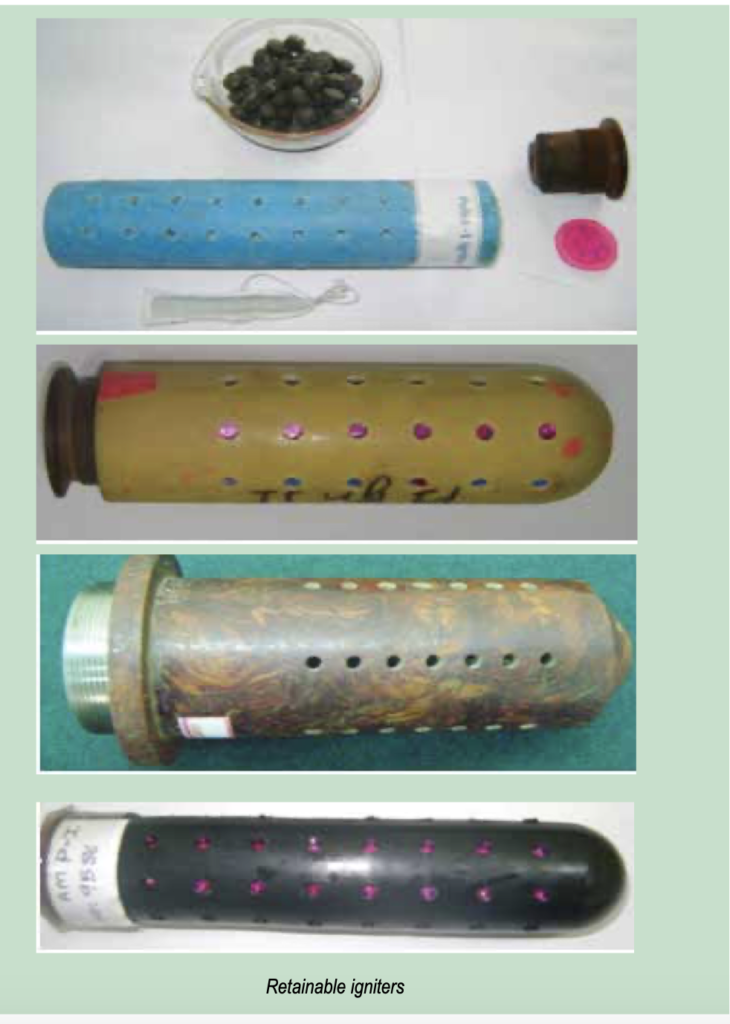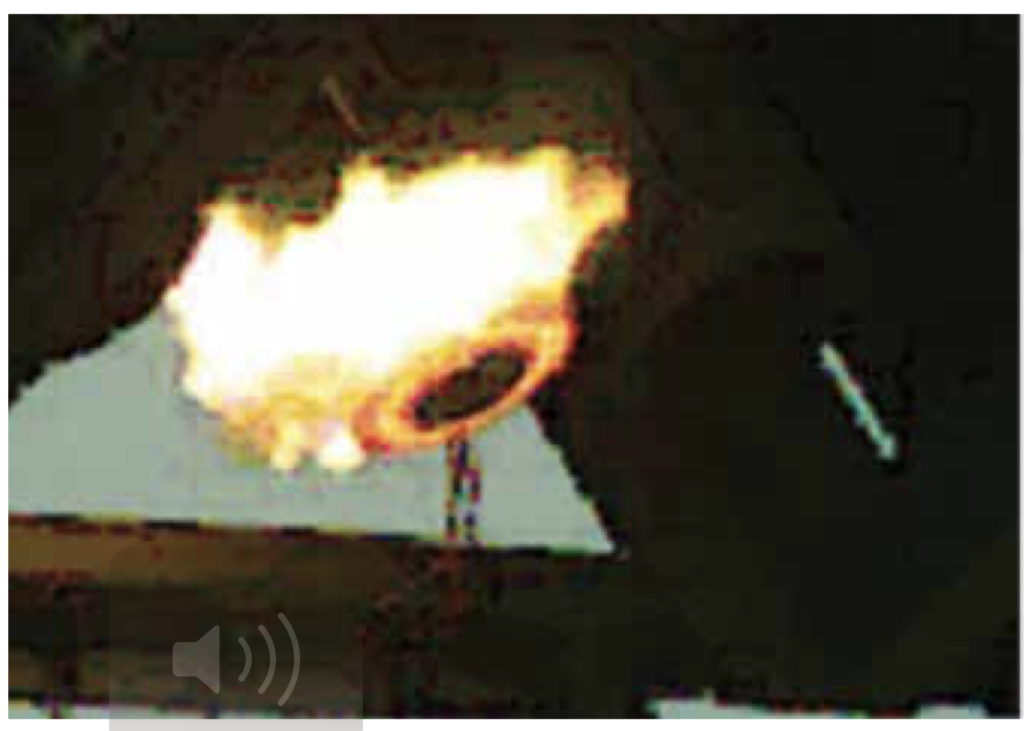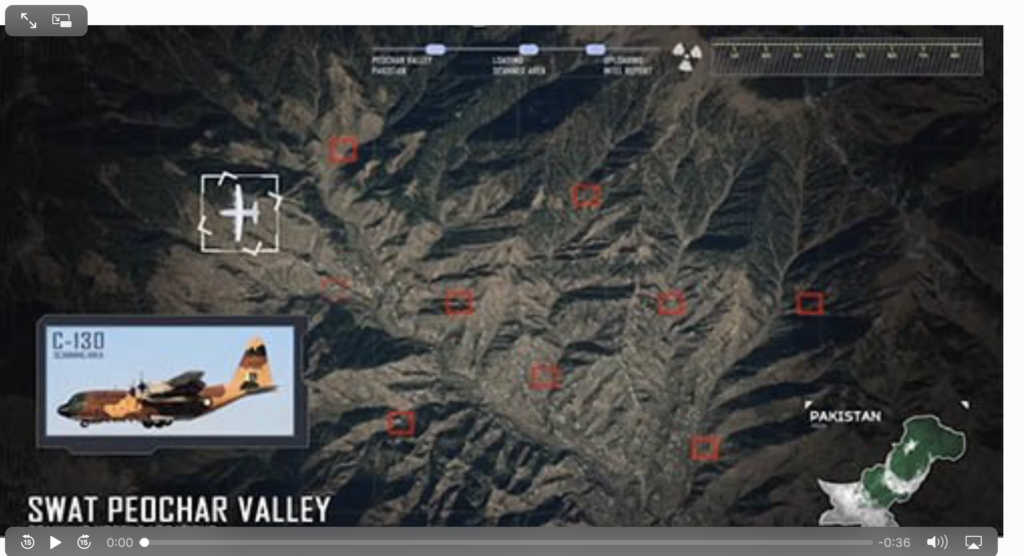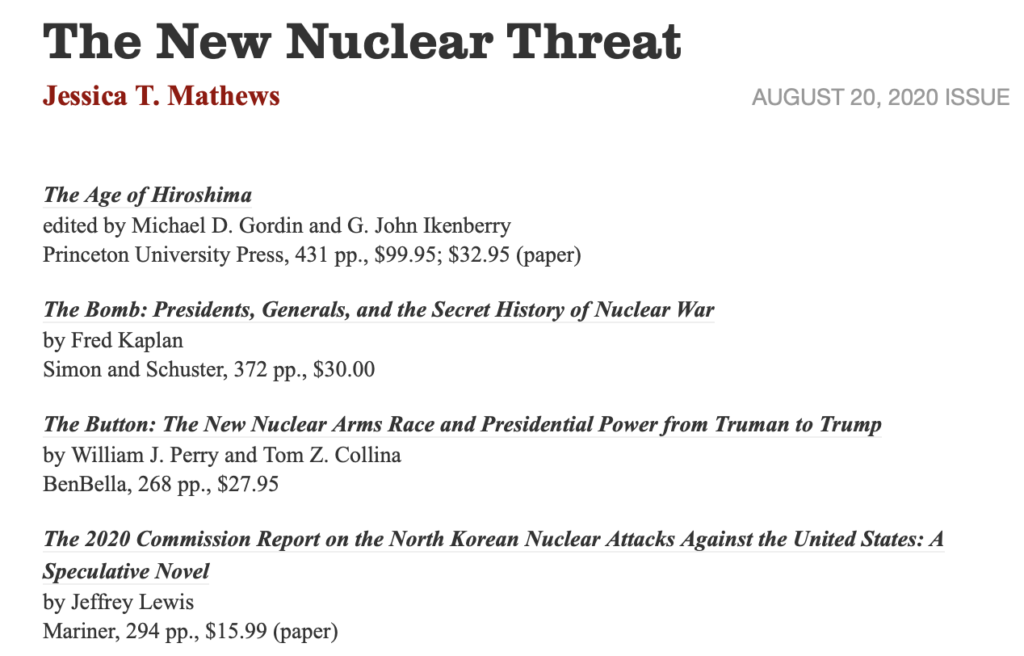According to this report, the “Advisory Board on Disarmament Matters began a two-year programme of work” this past January. Here’s a good summary:
In its capacity as the Board of Trustees of the United Nations Institute for Disarmament Research, the Board engaged in substantive discussions on two of the Institute’s workstreams: weapons and ammunition management, and autonomous weapons and human control. The Board also reviewed current programmes, activities and finances of the Institute, including ongoing efforts to strengthen its policy impact, achieve financial sustainability and further expand its global engagement. The Board approved the report of the Director on the activities of the Institute for the period from January 2019 to December 2019 and the proposed programme of work and financial plan for 2020 and 2021. Lastly, the Board endorsed a proposal by the Institute to commemorate its fortieth anniversary in 2020, in the context of the seventy-fifth anniversary of the United Nations and with an emphasis on engaging women and youth on disarmament matters.
Some well-known names in the report, along with this observation regarding current events:
Members also noted that the pandemic had underscored the direct and indirect costs of biosecurity and biosafety breaches and underlined the critical importance of revitalizing the work of the Convention on the Prohibition of the Development, Production and Stockpiling of Bacteriological (Biological) and Toxin Weapons and on Their Destruction.




